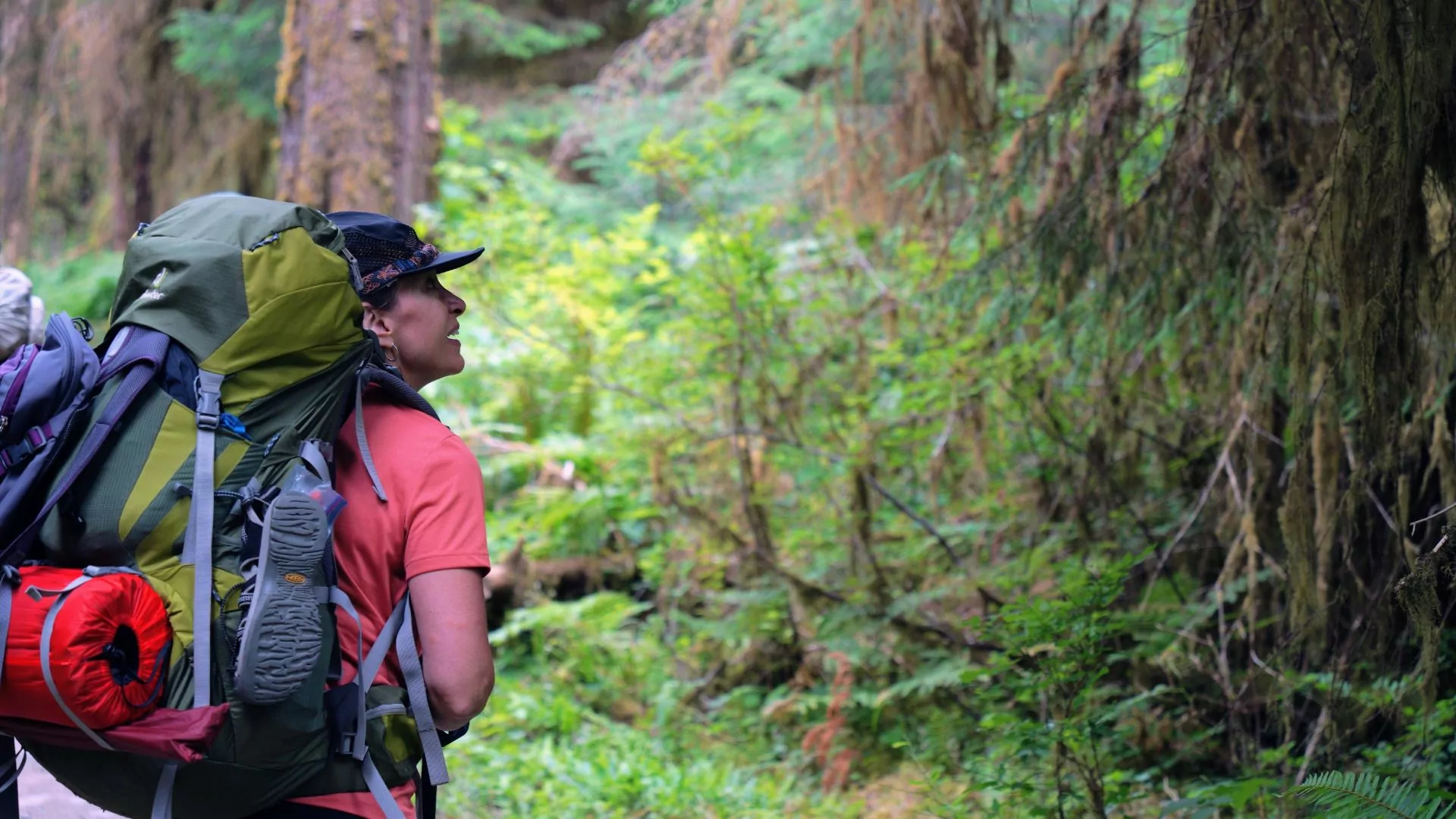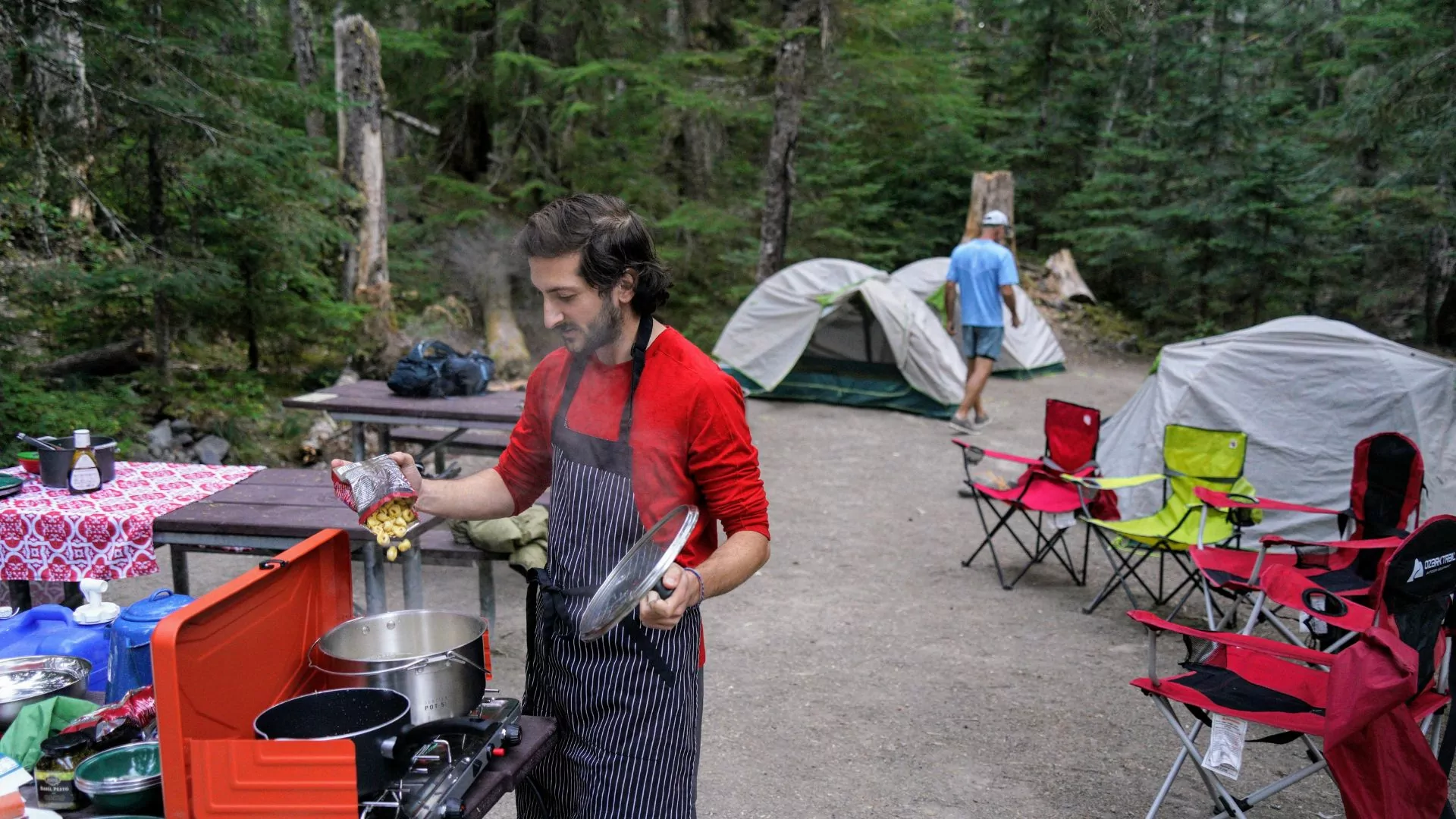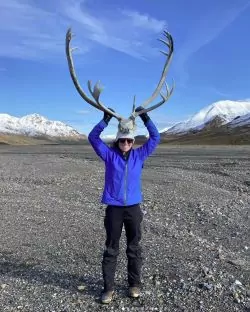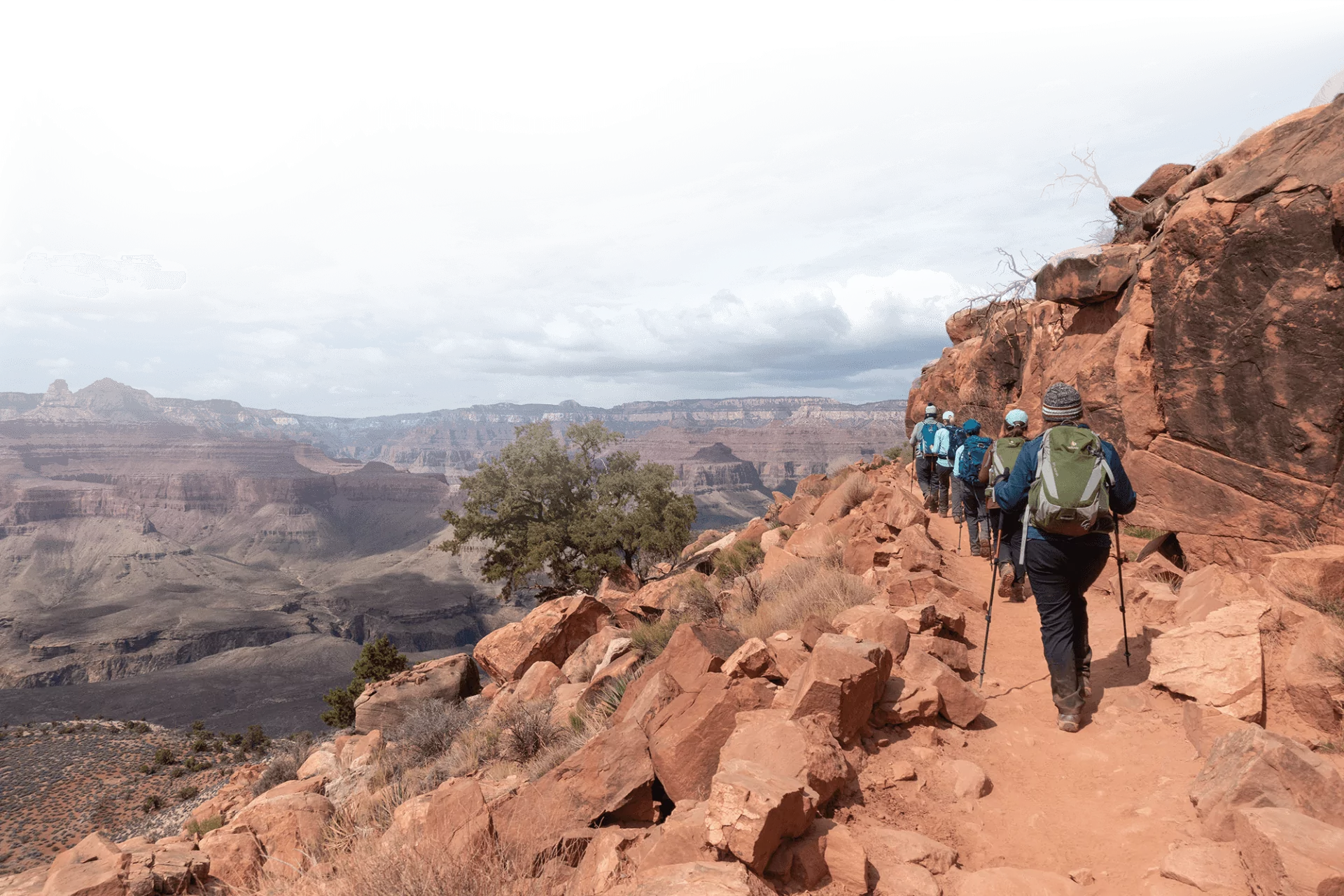How to Build a Career in the Outdoor Industry
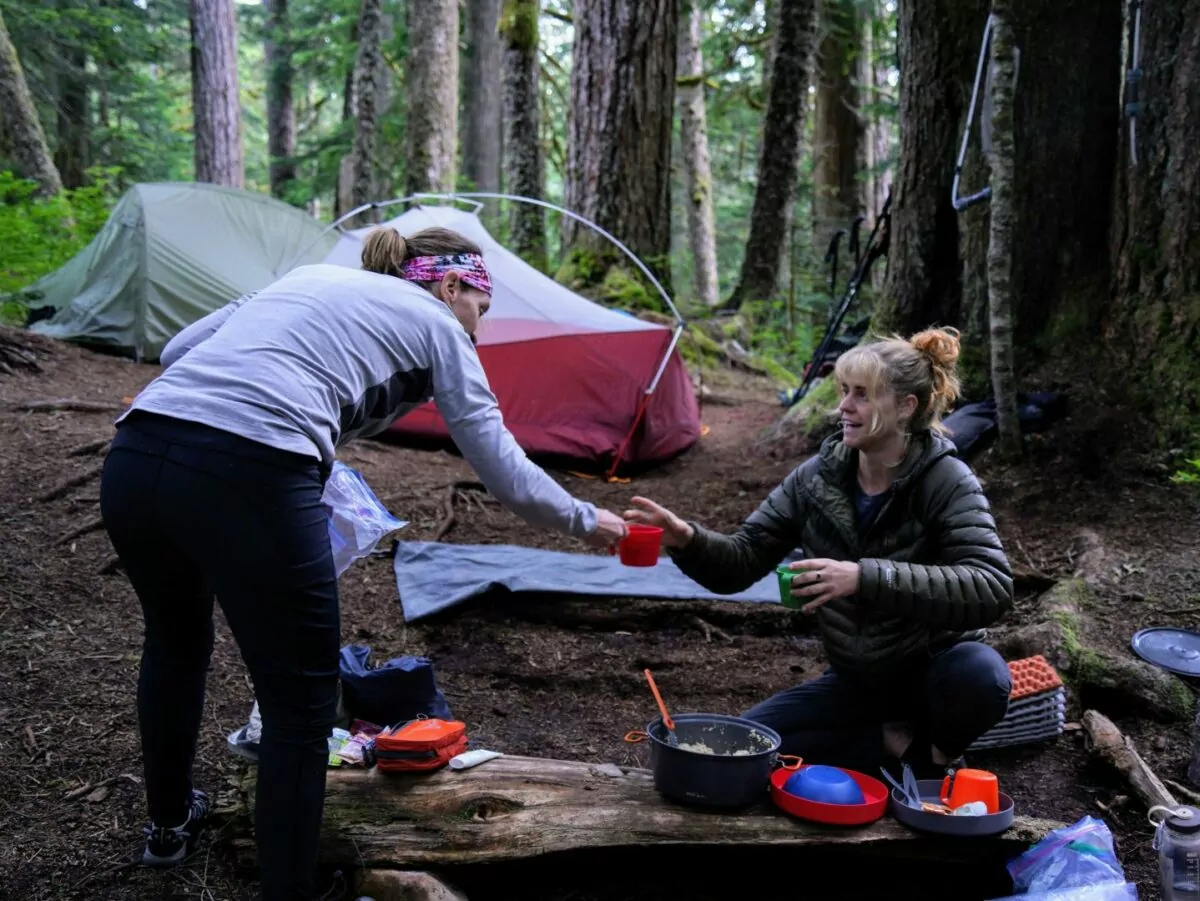
Are you dreaming of a life in the outdoor industry? Do you want to spend your days outside, learning about the world, following seasonal cycles, getting your hands dirty, and connecting with like-minded souls?
Then you might want to look into one of the many outdoor careers that exist.
Many adventurers start off assuming they will only work a season or two before they “get a real job,” but the reality is that many of us get hooked and stay far longer. The good news is that with proper planning, it is possible to have a successful, supportive, and long-term career in the outdoors.
Whether you are sitting at your 9-5 right now, wondering what else is out there, or have already worked multiple seasons as a guide and deciding your next step, this article will provide you with the tools to grow a career in the outdoor industry and live the life of your dreams.
Starting an Outdoor Career
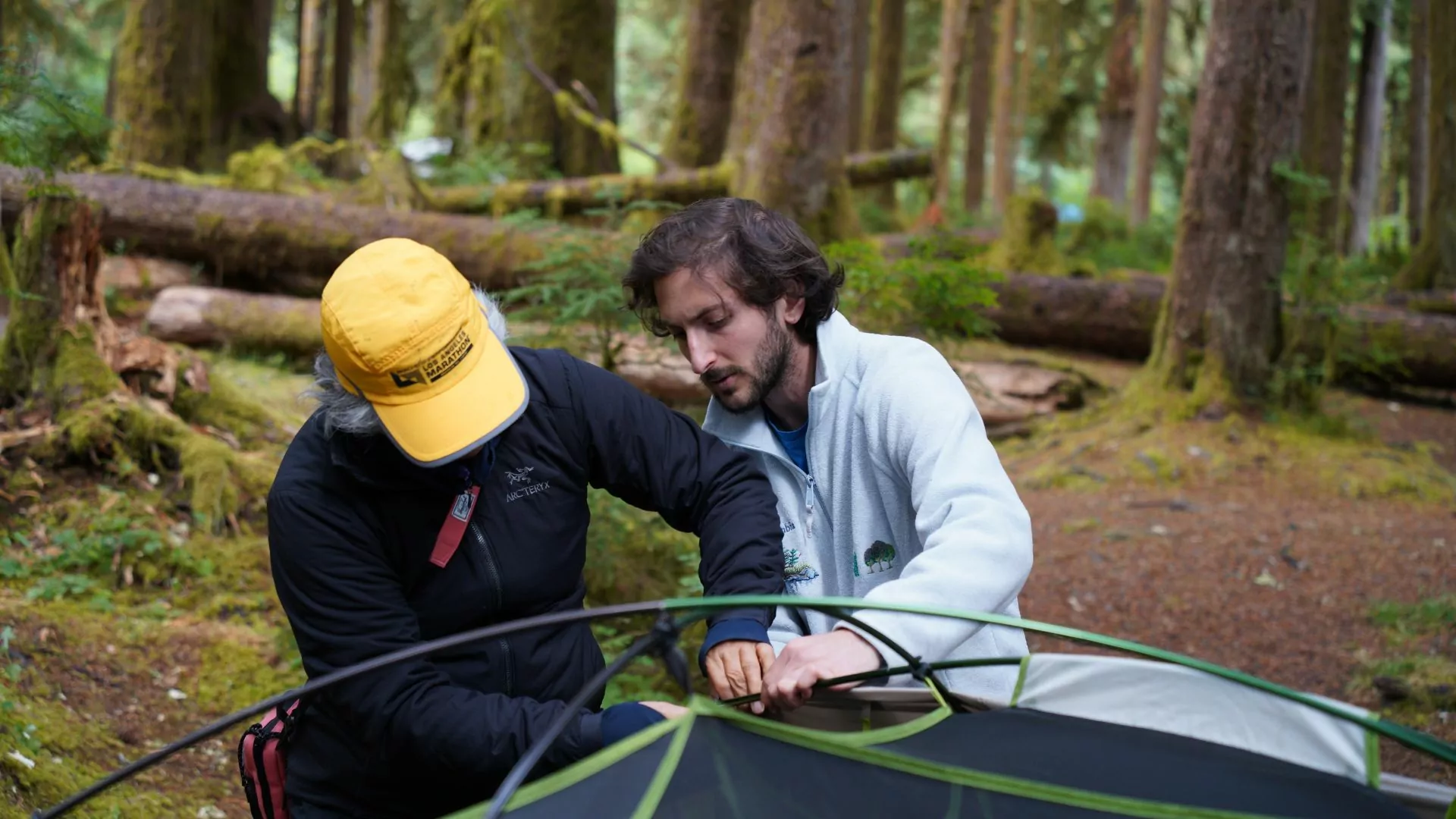 It’s important to understand that working for an outdoor company is very different than working on Wall Street. The outdoor industry prides itself on its culture, tight-knit community, and work-hard/play-hard mentality. It’s one of the few places where it is normal to be best friends (and sometimes even live) with your co-workers.
It’s important to understand that working for an outdoor company is very different than working on Wall Street. The outdoor industry prides itself on its culture, tight-knit community, and work-hard/play-hard mentality. It’s one of the few places where it is normal to be best friends (and sometimes even live) with your co-workers.
As you search for jobs, keep in mind that the hiring process isn’t always linear from company to company. If you change companies, you may have to start at the bottom and work your way up again. Most companies promote from within, hiring candidates into entry-level positions, and moving them up the ranks each season. Getting a foot in the door is the key.
An example of a career path within the industry could look like starting out as a day hiking guide, transitioning to a multi-day guide, and then ultimately becoming a program or operations manager. You never know where your path might lead! Just remember, the tourism industry is a small place, so it’s important to make strong connections and maintain good relationships from employer to employer.
Gain Outdoor Experience and Skills:
The first step is to get outside! Plan a rad adventure, get a little uncomfortable, and challenge yourself to do something new. Whether you start bouldering at a local gym or tackle something wilder like a thru hike, the choice is yours, but there is no substitute for the trial and error of personal experience.
Take a Course & Gain Outdoor Skills: Although a formal outdoor education background isn’t necessary for most outdoor careers, it certainly helps to gain skills and build your resume.
- WFR Courses and Additional Certifications: If you want to increase your chances of being hired as a guide, start by obtaining your Wilderness First Responder (WFR) Certification. Many outdoor companies require guides to carry this advanced medical certification, so having it on your resume will be an automatic win and might just save your life in the backcountry. Look into courses with NOLS, WMA, and SOLO.
- NOLS/Outward Bound courses: Although they don’t come cheap, NOLS and Outward Bound courses are a great way to gain risk management and outdoor living skills. Their courses take place in wild spaces and teach essential survival, mountaineering, climbing, backpacking, camping, and Leave No Trace practices.
- Swiftwater, Mountaineering, Ski Patrol, and Rafting-Specific Courses: Different outdoor pursuits culminate in different certifications of expertise. If you are looking to be a raft guide, consider taking a Swiftwater Rescue Course. If you are hoping to get into high alpine guiding, check out AMGA courses. If you are hoping to get on ski patrol, perhaps take an AIARE or a PSIA course. Obtaining advanced certifications will show potential employers that you are serious about the position and possess the skills for the job.
- Master’s and Bachelor’s Programs: Many colleges offer outdoor education bachelor’s and master’s programs meant to launch students into outdoor careers. Popular programs include Islandwood, University of Edinburgh, Prescott College, and Colorado State. While a degree is not necessary to get into the industry, it could help separate you from other applicants and advance your application or subsequent promotions.
ReAD: Wilderness jobs and how to get them
Pursuing Outdoor Careers
When you are ready to make the leap and apply for your first job, consider the following advice.
Start with Day Trips – If you are hoping to become a guide but don’t have any prior guiding experience, a good place to get your foot in the door is day trips. Many guides start off leading day-hikes, river trips, high ropes courses, driving tours, canyoneering adventures, or ski lessons. These positions will all give you relevant customer service and outdoor industry experience.
Work at a Summer Camp or Teen Trips Program –If you are interested in outdoor leadership, working at local summer camps or teen travel programs is a great place to start. These programs (like The Road Less Traveled, Adventure Treks, ARCC, etc.) often offer internships and co-guiding opportunities for both day trips and multi-day expeditions. Don’t expect to be “wow-ed” by compensation (tips aren’t traditionally a part of the package here), but do expect to have your world opened up! This is a great place to test the outdoor industry waters and see the world while doing it. Working with young adults will prepare you for anything.
Work with your University’s Outdoor Center – Many schools have outdoor education programs or outdoor recreation facilities (rock climbing walls, backpacking clubs, etc.) where you can work, gain outdoor skills and make life-long friends.
Gain Customer Service Experience in an Outdoor Industry Retail Job – Another opportunity to learn about the outdoor industry is to work a retail position for a local gear shop or outdoor company (think REI, Patagonia, Black Diamond, Bass Pro Shop, etc.) There, you can connect with like-minded individuals and learn about essential outdoor gear like backpacks, sleeping bags, hiking boots, climbing gear, etc. This knowledge and customer service experience will help you immensely while guiding guests.
Trail Work/Conservation Corps – If you enjoy hard physical labor, being outside, and spending time with like-minded people, seek out trail crew opportunities. Many of the long trails including the AT, PCT, and CDT have dedicated trail crews. So do State Parks, National Parks, and local recreation areas.
Farming and Gardening – If you are new to the seasonal world and are searching for a hands-on role, there are always opportunities for seasonal farm work. Perhaps spend a season picking grapes for the wine harvest in Oregon or planting trees in BC. You’ll make great connections with outdoorsy-folk and be introduced to a more seasonal cycle of work.
Driver, Warehouse and Support Roles – Many guides start out as shuttle drivers for ski resorts, raft companies or other outdoor programs. This introductory customer service role carries a lot of weight and often comes with a CDL license which can be advantageous when applying to guiding roles down the line. Check out Wildland’s Open Driver Positions Here. Other introductory positions available can include support roles and warehouse staff.
Hospitality Roles – Consider gaining customer service experience in the hospitality sector through jobs at local resorts, restaurants, or even on cruise ships. The more experience you have in the hospitality industry, the better you’ll be able to serve guests on tours.
Join Online Communities for Outdoor Industry Job Seekers – Keep an eye out for openings on Coolworks.com, Vagajobs.com, Occupation Wild, Basecamp Jobs, The Adventure Travel Trade Association, Outdoor Industry Jobs.
Advancing in Outdoor Careers
If you are at a mid-point in your outdoor industry career and have already taken some of the steps above, consider the following options to level up your career:
Wilderness Therapy – Wilderness Therapy is not for the faint of heart, but it is a good option for those who are looking to make a difference in the world and refine their outdoor skills. Shifts typically include 8-days on followed by 8-days off, and involve backcountry camping with troubled students.
Naturalist Work on High-End Cruise Ships –Many outdoor industry-folk gain leadership experience while working aboard cruise ships. Consider applying for a naturalist position on ships like UnCruise, Scenic, or Lindblad. You’ll get to see the world and practice your naturalist interpretation along the way.
Multi-day Guiding – There are a wide variety of multi-day guiding jobs available. Whether you’d like to guide backcountry hiking trips, cross-country road trips, bike tours, foodie tours, camping trips, or high-end luxury experiences, there is a position out there for you.
Questions to consider when choosing a multi-day guiding company to work for are:
- What does an average season/work schedule look like?
- What are the clients like?
- What can you expect for tips?
- What regions would you be operating in?
- Is housing and/or food included?
- What are the company’s values?
- What support is available to guides during the season?
Teaching Wilderness Medical Course – Many guides supplement their work by teaching wilderness medical courses in the offseason. Teaching wilderness medical courses requires an advanced healthcare license or certification such as EMT-B, Paramedic, RN, PA, NP, MD, or DO.
Obtain higher-level certifications – Continue improving your skills with outdoor certifications. For example, if you have your AIARE 1, consider taking your AIARE 2. If you have your WFR, consider getting an EMT or WEMT. If you have your PADI Open Water, consider getting your PADI Advanced Open Water.
Go back to school – As mentioned above, many colleges offer outdoor education master’s programs for those who want to further develop their outdoor education skills. Popular programs include Islandwood, University of Edinburgh, Prescott College, and Colorado State.
Start thinking about Saving Money – No matter which stage you are at in your career, it’s important to make mindful financial choices. Unlike more traditional jobs, seasonal jobs don’t typically come with health benefits or 401K’s. Start by opening a ROTH IRA and make sure that you are stashing some money away each season. Your future self will thank you!
Making an Outdoor Career Work Long Term
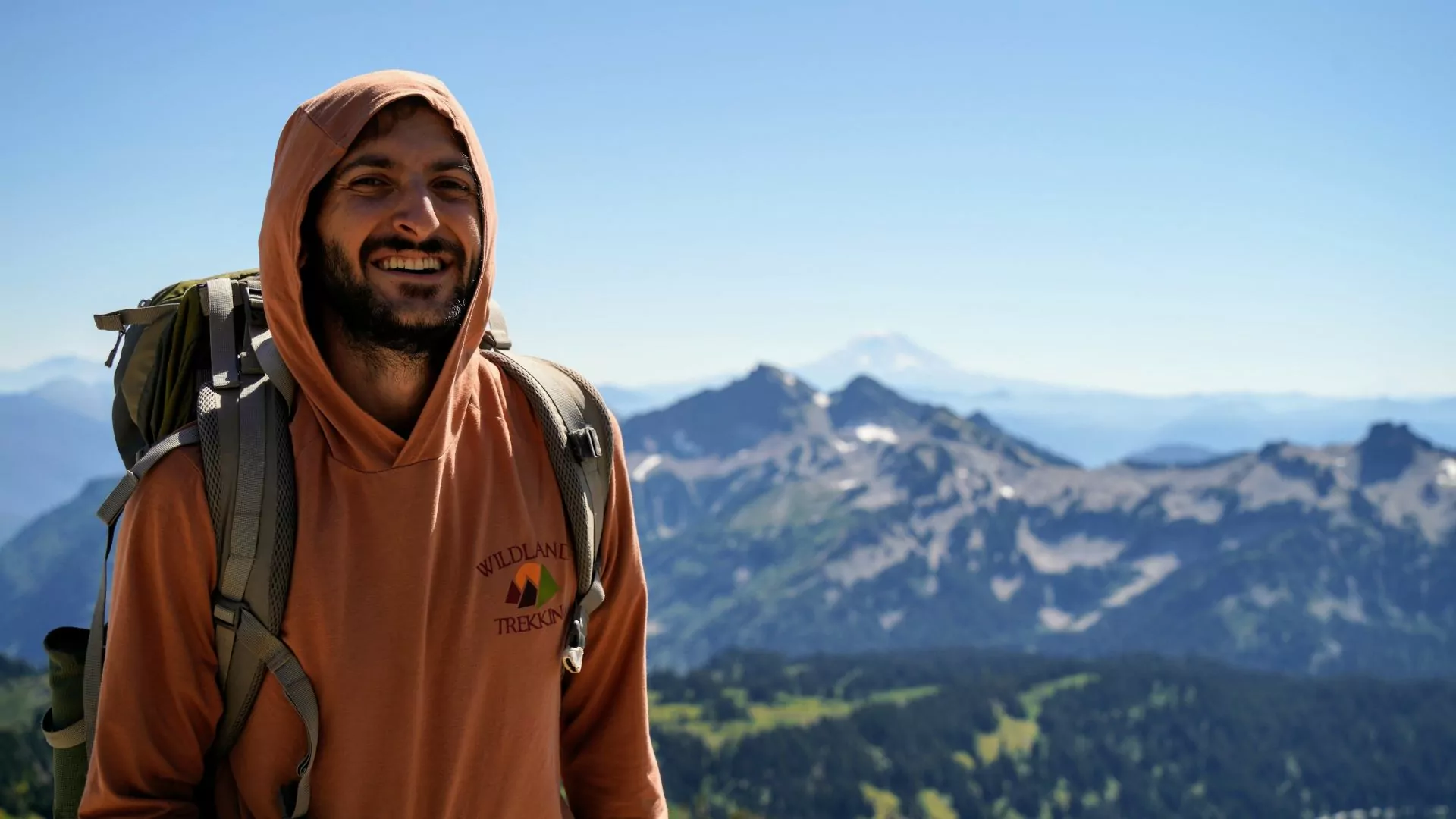 If you’ve been working in outdoor careers for a handful of years, there may come a day when you wonder: “What am I still doing here?” You might wonder whether you’ve outgrown the seasonal world, how much longer you can do such physically intensive work, and why you are still receiving mail at your mom’s house. You might be thinking about starting a family, saving for retirement, caring for a family member, or purchasing a home of your own.
If you’ve been working in outdoor careers for a handful of years, there may come a day when you wonder: “What am I still doing here?” You might wonder whether you’ve outgrown the seasonal world, how much longer you can do such physically intensive work, and why you are still receiving mail at your mom’s house. You might be thinking about starting a family, saving for retirement, caring for a family member, or purchasing a home of your own.
In case you reach this crossroads, here are a few ways to continue working in the outdoor industry and grow your career:
Tour Director Roles – If you’re not ready to give up guiding, consider working as a Tour Director. Large scale tour operators hire tour-directors (TDs) for their group travel programs. TDs serve as the lead point of contact for 20-30 guests and oversee the on-the-ground operations. They may also manage other step-on-guides, drivers, speakers, hotel reservations, and more. This is generally a role provided by more upscale group tour companies and comes with additional responsibilities, as such it often pays more than your standard multi-day work.
Management Positions (Sales, Operations, Product, Recruiting) – If you’re ready to take a break from fieldwork, but still want to be a part of the outdoor industry, management and operations positions with tour operators make for great outdoor careers. Other former guides prefer product, contracting, recruiting, or sales opportunities. These positions allow them to maintain a connection to the tourism world, while capitalizing on benefits and a more stable year-round lifestyle.
Environmental Education Positions – Another common transition for guides is to pursue teaching roles or work with local non-profits. Teaching roles often fit well with seasonal guiding schedules (so you might not have to give it up!).
Destination Management or Marketing Roles – Put your travel industry knowledge to use and look into roles with local tourism offices, DMCs, and event-planning companies. Destinations International is a great place to start your search.
Outdoor Retail Management – Working in retail management is a great place to continue working with awesome folks, put your customer service experience to use, and also get great pro-deals on gear for your own adventures.
Hotel Managment/On-site Caretaker – Want to continue to travel the world and have housing paid for? Look for Lodge/Resort Management positions in a destination of your choice (Iceland, Thailand, Mexico, Moab, Vermont…the world is yours).
Start your own Company! – If you’re willing to put in the work and financial investment, this option will open many doors for you. Consider what would make your company unique, which audience you would cater to, and where you would base yourself to set yourself apart from other operators.
Network – The outdoor industry is a small place, with friends scattered all over the globe. Make sure to keep in regular contact with your friends who have built successful outdoor careers. Connect on FB, LinkedIN, and make time to meet up with old co-workers/friends for a coffee or hike now and then.
Work with us!
Wildland Trekking and Intrepid are two wonderful companies to guide for. We boast a 70% return rate year over year and are proud to have a wealth of experienced and seasoned guides on our team. We offer everything from local day hikes to multi-day road trips across the country in addition to the opportunity to grow into management roles. We are always in search of motivated and talented individuals like you. Fearless leaders possessing a sense of wonder, curiosity, and play.



